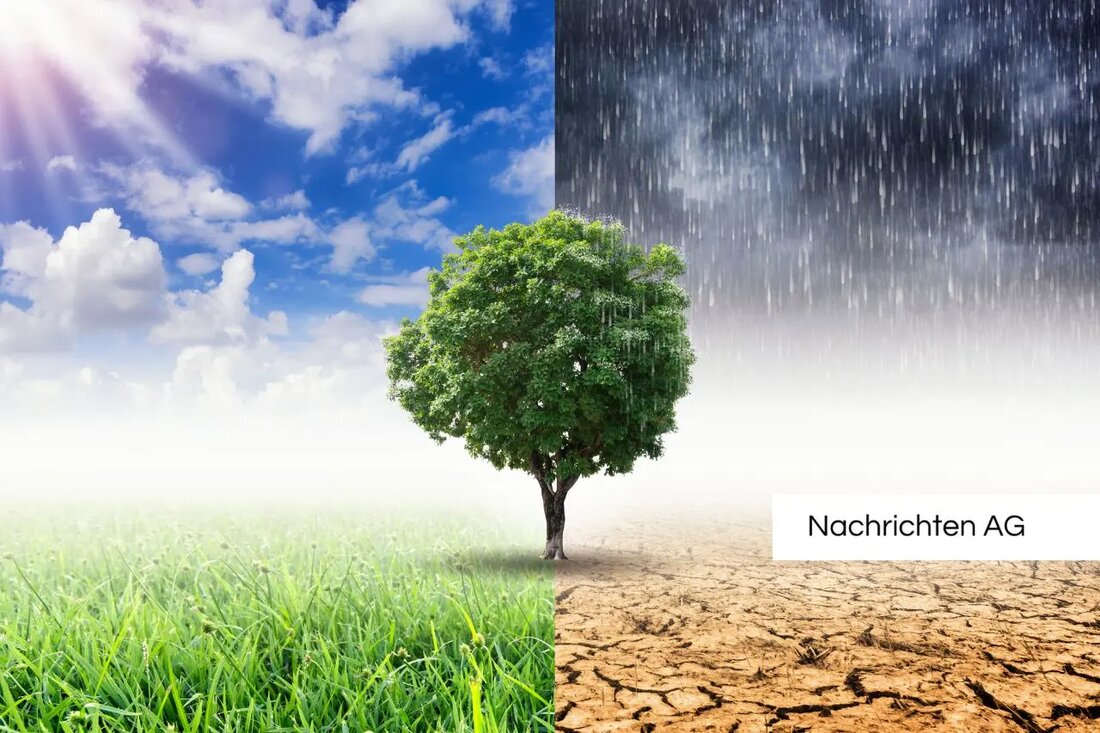Vienna plans the largest drinking water memory in the world: a billion liters!
Vienna plans the largest drinking water memory in the world: a billion liters!
Vienna is investing in the future of drinking water supply: In Neusiedl am Steinfeld, the largest closed drinking water memory in the world is being built. This ambitious project includes a storage capacity of around one billion liters and will achieve higher dimensions than St. St. Cathedral. The new building is part of the comprehensive drinking water strategy "Wiener Wasser 2050", which aims to adapt the water infrastructure to the growing population and climate change. The mayor of Vienna, Michael Ludwig, emphasizes the security priority in water supply, especially in view of the increasing challenges due to extreme weather events due to climate change that could threaten the availability of spring water.
The existing reservoir in Neusiedl/Steinfeld, which currently has a volume of 600 million liters, is expanded by 70 percent to a total of 1 billion liters. The construction work, which is to begin in December 2024, will be carried out in two stages. By the end of 2028, the storage volume will be increased by two additional chambers (200 million liters). From 2029 the other two chambers and the renovation of the existing infrastructure will follow. The total costs for the first stage amount to around 98 million euros. Around 35,000 cubic meters of concrete and 5,400 tons of steel are required for this project.
protection of the water richness
Austria can look back on a significant wealth of water, but this is not taken for granted. The city of Vienna plans to be able to store up to two billion liters of drinking water by 2050. This amount would cover the current water consumption in Vienna for just five days. In view of the increasing population, an increase in water requirements is forecast by 15 percent, which brings with it an urgent need to adapt the water infrastructure.
A third of the measures to improve and expand the water infrastructure in Vienna have been implemented since 2022. The successfully completed projects include the increase in the storage tanks of the Schafberg water tank from 23 million to 60 million liters. Furthermore, 365 construction sites were realized, 160.82 kilometers of pipelines were re -laid or renewed, and the transport line between Hungerberg and Lainz is about to be completed.
sustainability and innovation
The future waterworks on the Danube Island, whose expansion is scheduled to begin from autumn 2025, will be able to deliver up to 1,000 liters of drinking water per second. In addition, 16 drinking hydropower plants support the supply by creating more energy than is needed, and the 17th power plant in Döbling is already under construction and will be completed by 2026.
These investments in the water infrastructure are not only designed to ensure security of supply, but also work on sustainable and environmentally friendly drinking water supply. Climate Councilor Jürgen Czernohorszky emphasizes the need for renovations and extensions of existing water containers in order to meet future challenges. The city of Vienna relies on a holistic approach that also takes into account the use of renewable energies, which is related to the photovoltaic systems in Moosbrunn and on the Buchberg.
The measures to improve water supply undersing the Aqua infrastructure and focus on innovations that aim to not only protect the region's wealth of water, but also to preserve for future generations. In view of the increased judicial disputes about water rights in Bavaria between 2012 and 2022, this is all the more urgent.
The ambitious drinking water strategy is therefore not only perceived as a response to acute needs, but as a sustainable concept that the city of Vienna is supposed to lead to a water-rich, secure future. Further regular updates to the progress of the project are expected and citizens can look forward to sustainable and safe water supply in the coming decades.
For more details and information on the drinking water strategy in Vienna, please visit The press , wien.gv.at and dvgw .
| Details | |
|---|---|
| Quellen | |


Kommentare (0)